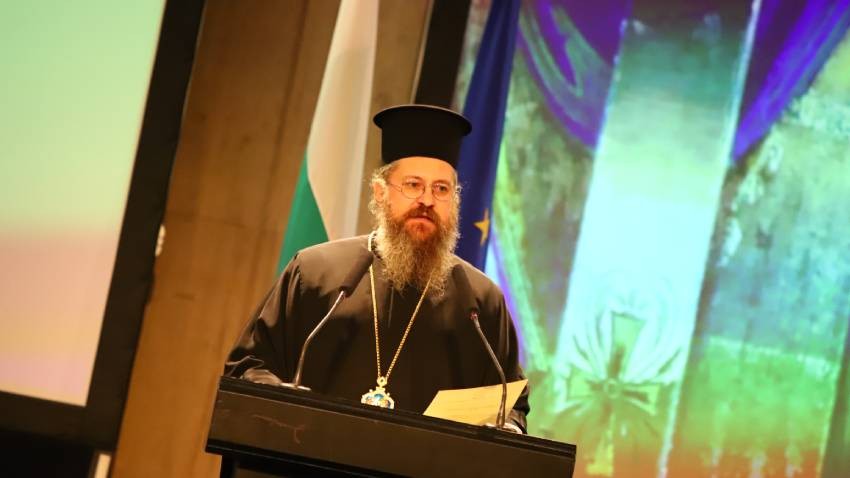


It is 131 years since the birth of Tsar Boris III, dubbed unifier. Boris Saxe-Coburg-Gotha found himself at the head of Bulgaria after the abdication of Tsar Ferdinand after the defeat of the country in World War I. The young monarch was crowned..
The ancient city Heraclea Sintica is among Bulgaria's most attractive tourist sites presented at international tourist exhibitions in Vienna and Stuttgart , Katya Stoyanova, head of the project "Restoration, conservation and socialization of Heraclea..
Archaeological excavations in the Kaleto district of the Bulgarian town of Lom situated on the Danube River have revealed remains of Roman defensive facilities dating back to the 1st century AD . Archaeologists prove that Lower Danube region..
It is 131 years since the birth of Tsar Boris III, dubbed unifier. Boris Saxe-Coburg-Gotha found himself at the head of Bulgaria after the abdication of..

+359 2 9336 661
